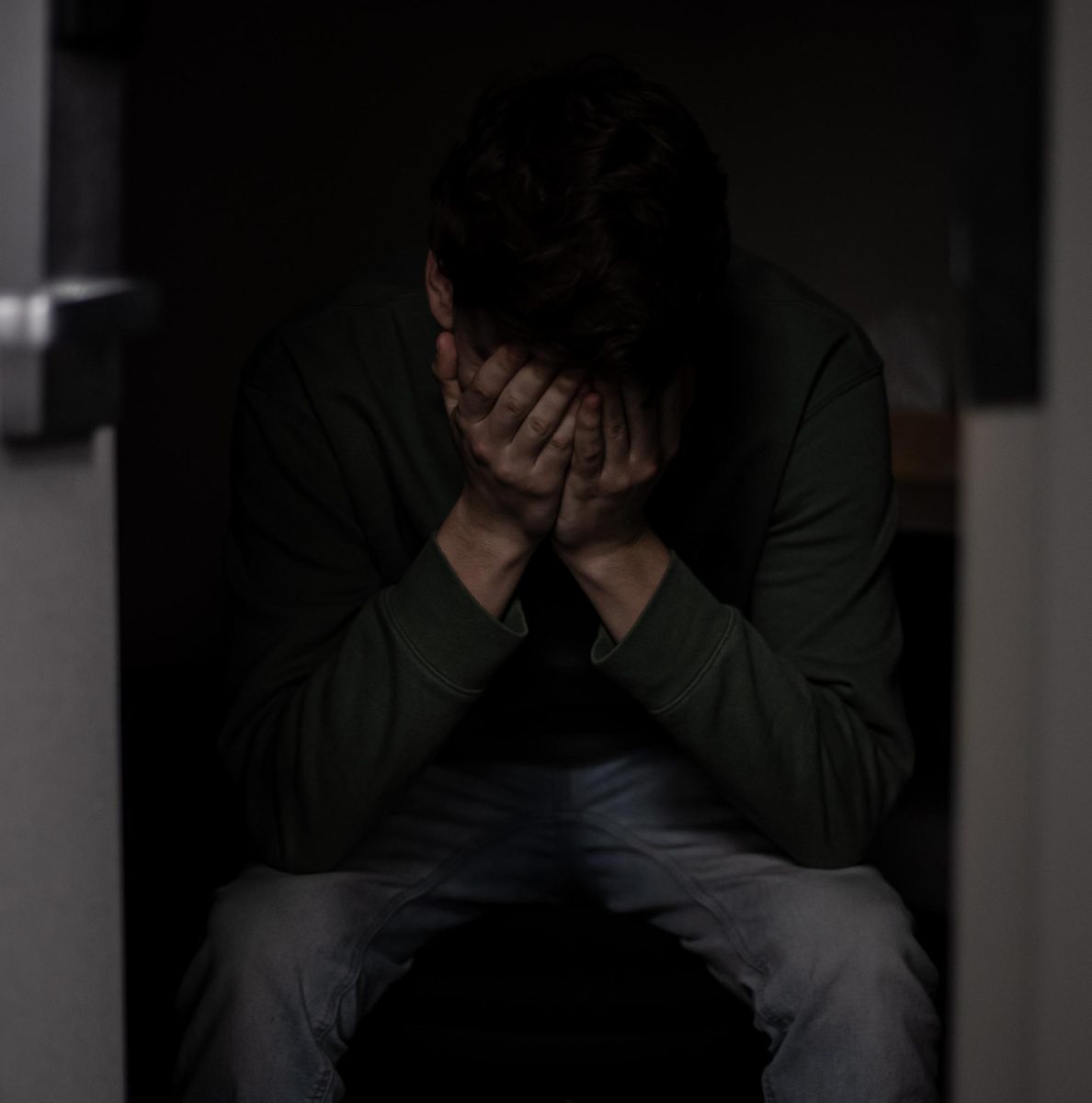Men’s mental health struggles, particularly in Generation Z, are often clouded by stigma and societal expectations, making it more difficult for men to seek help and find support.
According to the National Alliance on Mental Illness, 1 in 20 U.S. adults experience serious mental illnesses each year.
“Stigmas continue to exist as an echo of the past,” Phil Cranmer, substance use specialist at Counseling and Psychological Services, said.
Cranmer encouraged young men to create safe spaces with friends. He emphasized that while professional resources are available, men should also cultivate their own safe spaces, if they aren’t comfortable enough to reach out to a professional.
“Men can look at another man and give him support, but [they don’t] turn that lens inward,” Cranmer said.
Mallory Good, an advocate for mental health awareness and senior programming intern at the Women’s Center, has witnessed the challenges young men face and spoke at events in hopes of reaching more male audiences.
“Students now, I think, struggle a lot more than our parents and grandparents when it comes to expanding socially,” Good said. “For guys, especially, there are a lot of difficulties creating meaningful communities.”
“This disconnect is on the rise because of online spaces, where many young men are drawn into toxic narratives about masculinity, like the alpha male and the red pill.” Good said.
The alpha male is described to be confident, masculine and emotionally in control, which also creates unrealistic ideas of masculinity. Red pill content originates from “The Matrix,” claiming to create societal awakening aligned with male supremacy.
Male students can use CAPS in confidence, knowing their struggles will be supported.
“I think it all starts in three factors: confidence in confidentiality, respect for their experience and openness to dialogue about how their perception will impact their progress,” Cranmer said.
47.2% of U.S. adults with mental illness received treatment in 2021.
“Middle aged men have the highest rates of completed suicides,” Cranmer said.
With many different counseling options, CAPS remains one of the biggest resources for struggling students.
“A lot of men feel like there is no place for them. I want to encourage them that there [is a place for them],” Cranmer said.
Sydney Craig is a reporter. Contact her at [email protected].



